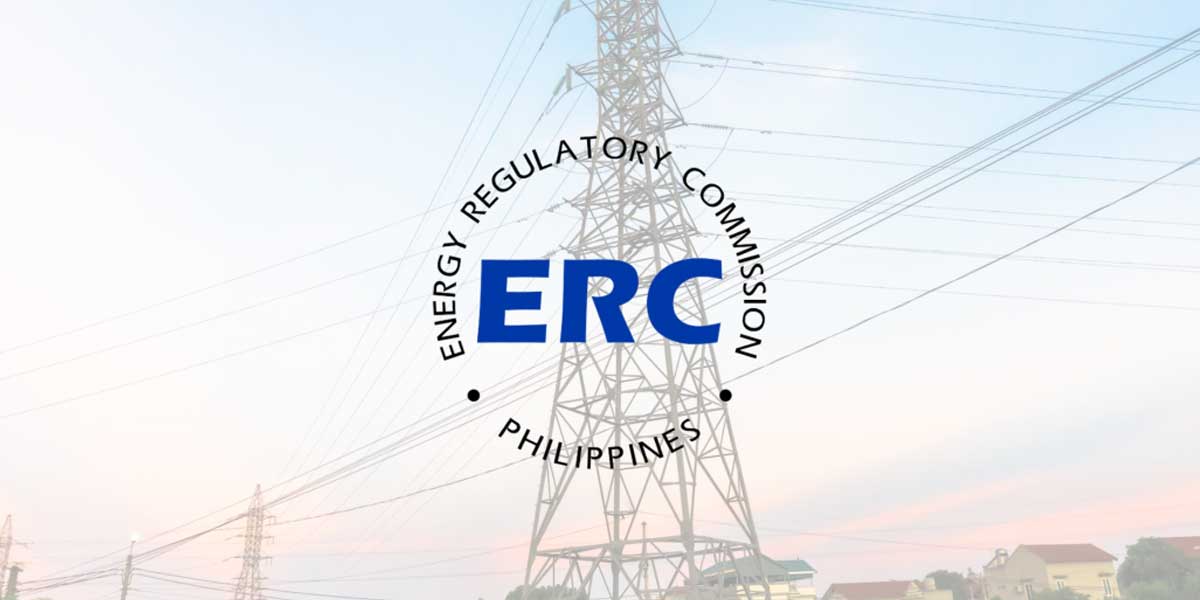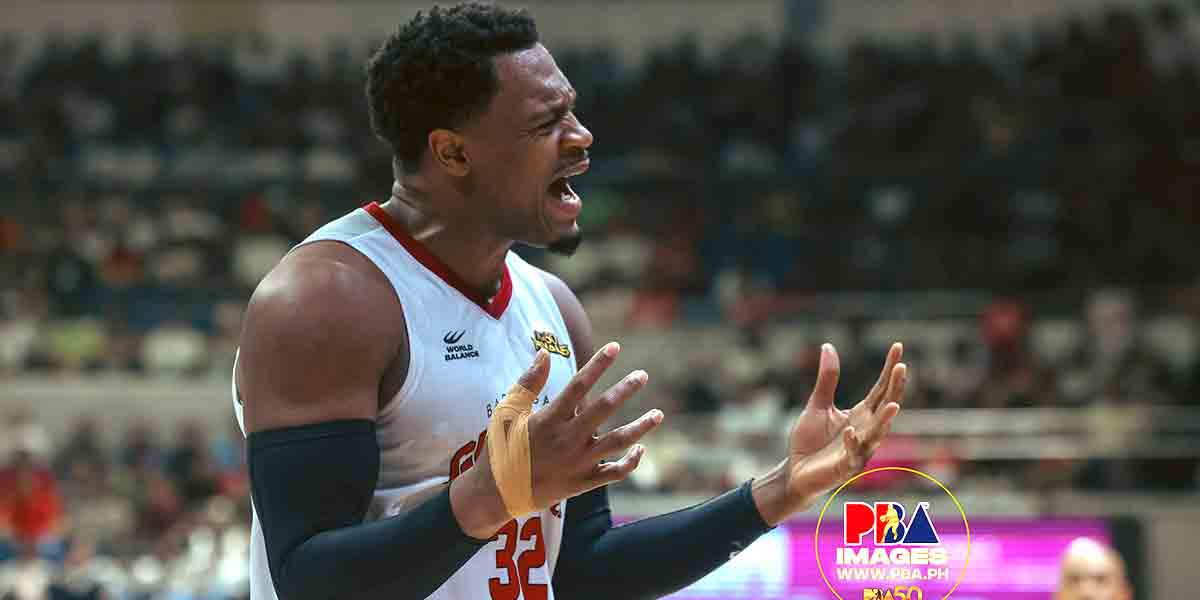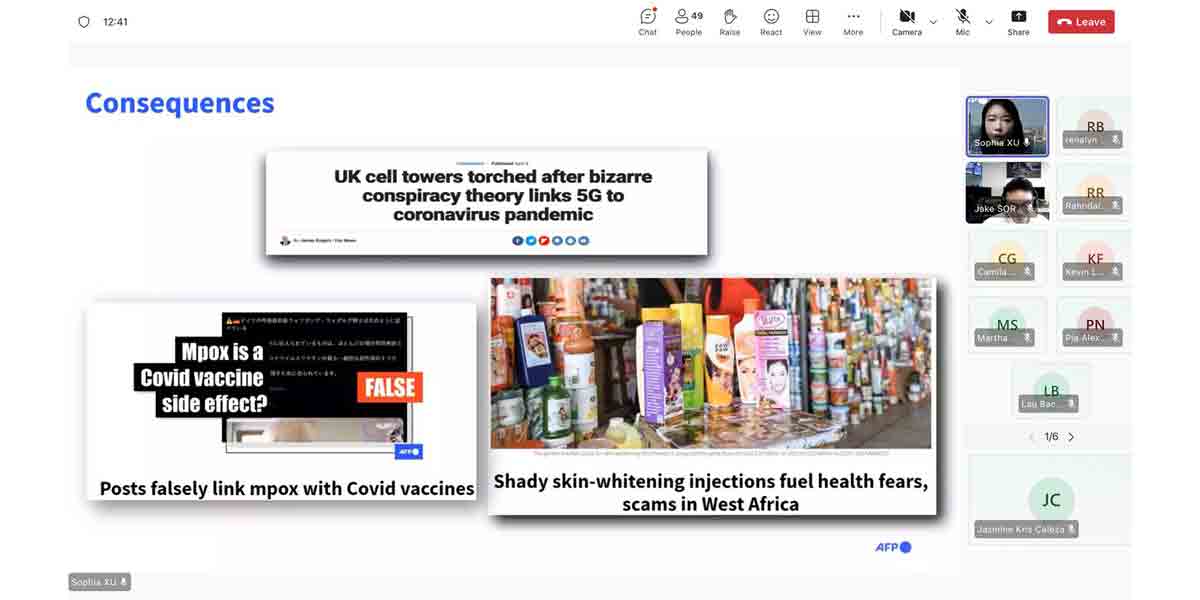By Herman M. Lagon
Within the maze of human belief, where faith often acts as a lighthouse, a darker phenomenon is manipulating the core of trust: the cult. At first look, cults could seem to be close-knit religious communities or fervent groups bound by a shared cause. Underneath this outward look, though, is a complicated network of control, exploitation, and dishonesty, all directed by a leader claiming a divinely bestowed position. Often charismatic and persuasive, these leaders assert themselves as divine beings—claiming to own the world, the souls within it, and even the living embodiment of truth, life, and resurrection itself—rather than just a spiritual guide.
The authoritarian leader at the head of cults, who demands perfect compliance and unbridled loyalty from their members, is among their most terrifying features. Declaring that they are, in fact, messianic themselves rather than only messengers of divine will, these leaders sometimes rise to god-like status. Some have claimed to be “the way, the truth, and the life,” so they declare they are the reincarnation of Jesus or the second coming. As followers are guided to believe their leader is flawless, perfect, and all-knowing—attributes that conveniently place them beyond criticism or responsibility—this bold self-deification helps to consolidate their power.
Many times, these grandiose assertions accompany statements of omnipotence, omnipresence, and omniscience. Some cult leaders have gone on record claiming to own every person’s soul as well as the planet, even the universe. This claim to heavenly right over all creation is literal, not only a symbolic expression of control. This sobering reminder of the degree to which these leaders will go to solidify their power leaves their followers to submit their lives and their very souls to the leader’s authority.
Ironically, many of these self-described redeemers live quite different from the moral and ethical guidelines they advise. Although they might talk of moral purity, humility, and selflessness, their own lives usually reflect excess, luxury, hubris, narcissism, self-righteousness, and blatant dishonesty. Some have even claimed to be experts in small hobbies or popular sports with GOAT level of ability as if to highlight their alleged excellence in every field. Under examination, this façade of perfection falls apart, exposing lives full of paradoxes: preaching poverty while living in luxury, supporting peace while encouraging violence, advocating the rule of law while demanding impunity, preaching love but spreading hate, or calling chastity while involved in exploitative relationships.
Though many of their supporters remain complicit, blinded by the charismatic authority and the well-manicured environment of isolation, inclusivity, and dependency, the hypocrisy of these leaders is sometimes shockingly obvious. Followers are taught that any uncertainty or disagreement is like sin, a betrayal not only of the leader but of their own atonement. This psychological manipulation almost makes it impossible for followers to see through the surface of righteousness the leader upholds since it traps them in a guilt and fear cycle.
Leaders of some contemporary cults have not held back when publicly declaring their claimed divine status and perfection. They assert to be sinless, error-free, and the only channel via which divine truth is exposed. Such assertions appeal to those looking for certainty in an uncertain environment, even if they are sometimes made with a degree of confidence that defies logic. The irony is that while keeping a public image of holiness and sanctity, these leaders sometimes engage in behavior that is not only immoral but also illegal, abusing their followers economically, emotionally, and occasionally even sexually.
Creating an environment where critical thinking is not only discouraged but punished helps to sustain this degree of control and manipulation. In a good religious community, spiritual development is seen to depend critically on questioning and communication. In a cult, however, such behavior is considered as heresy. The leader’s word is final; any departure from their instructions has dire consequences. Often convincing themselves that the leader’s actions, whatever how contradictory, are part of a divine plan beyond human knowledge, this fosters a culture of fear and obedience whereby followers are driven to rationalize the obvious flaws and pretenses of the leader.
A sense of exclusiveness is also vital for cults since they persuade their members that they belong among a select group with access to the final truth. This “us against them” mindset helps members become even more disconnected from the outside world, supporting their reliance on the group and leader. The outside world is shown as hostile, full of evil powers trying to eradicate the cult’s divine mission. This story not only explains the leader’s extreme actions but also makes the followers more vulnerable to his control since it causes paranoia among them.
Though their public image and private behavior clearly contradict one another, cult leaders usually get constant support from their members. This is partially the result of the psychological manipulation under action and the social and political influence these leaders generate. Many cults can become ingrained in society by supporting strong political, often equally maniacal, leaders or movements and providing their allegiance in return for protection or influence. This helps the cult to flourish unbridled and lets the leader avoid responsibility for their deeds.
Such unquestioning allegiance has terrible effects on society as a whole as well as on the individuals engaged. Those who have devoted their lives—and sometimes their life savings, virginity, and career—to the cult may discover they are caught in a cycle of abuse and exploitation. Such surroundings cause emotional and psychological harm that takes years to heal; survivors are left with severe scars and a great feeling of betrayal. Furthermore, the larger society suffers since these cults subvert the rule of law and erode confidence in credible institutions while their leaders keep living in luxury and impunity
Developing critical thinking and moral courage is imperative as we negotiate a society in which charismatic leaders can readily attract and control their followers. In uncertain times, the attraction of straightforward solutions to complex problems presented by those who assert to have all the answers can be irresistible. But the price of caving in our autonomy and critical ability to such leaders can be terrible. Through constant awareness and knowledge, we can guard our communities and ourselves against the harmful impact of cults and the false prophets guiding them.
Ultimately, each of us has obligations to separate truth from lies, challenge authority when it calls for unquestioning compliance, and stick to our commitment to justice and the common good. Though their seductive promise of certainty, belonging, and unbridled salvation is appealing, the cost they demand is far too great. By spotting the warning signals and opposing such dangerous groups, we can help ensure that our society stays a place where freedom of thought and the rule of law are maintained and where the vulnerable are shielded from exploitation and damage.
***
Doc H fondly describes himself as a “student of and for life” who, like many others, aspires to a life-giving and why-driven world grounded in social justice and the pursuit of happiness. His views do not necessarily reflect those of the institutions he is employed or connected with.




















